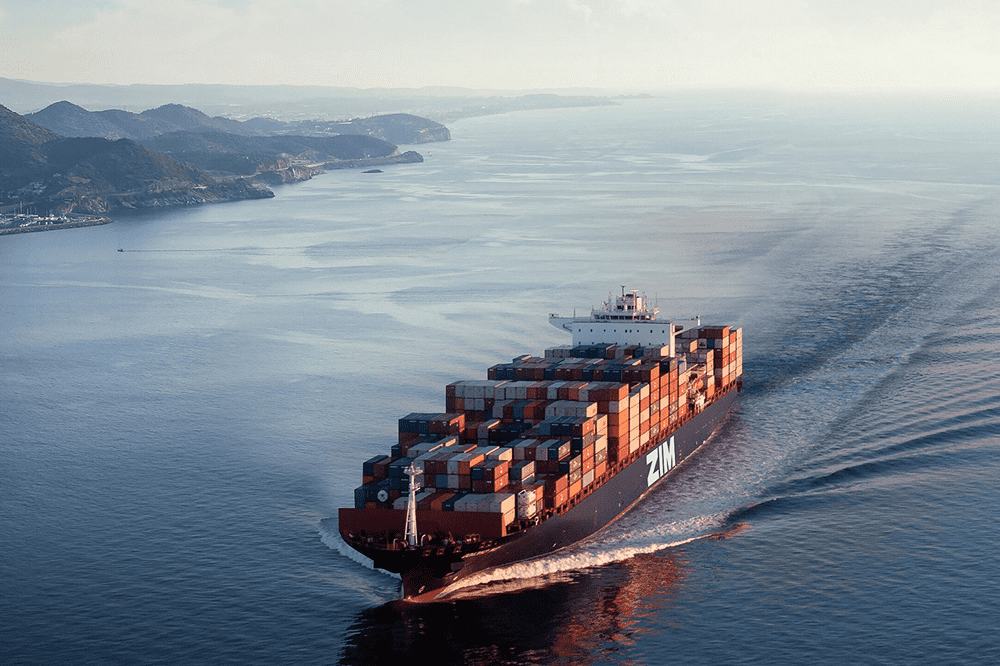Israeli-linked Ships Banned from Turkish Ports
Turkish ports now require shipping agents to declare vessels carry no Israeli links or military cargo—a new operational hurdle for Middle East trade.

Israel’s ZIM Integrated Shipping Services has confirmed that Turkish port authorities have informally introduced an immediate ban on vessels with Israeli ties, effectively blocking them from entering any Turkish port. The company said in a regulatory filing that the instructions were communicated directly by local authorities, despite the absence of an official circular, according to The Maritime Executive.
The new restrictions also cover vessels carrying military or hazardous cargo bound for Israel, while Turkish-flagged ships are now prevented from docking in Israeli ports, mirroring the ban. Reuters previously reported that port masters across Turkey had begun verbally demanding written declarations from shipping agents, stating that vessels had no Israeli links before granting entry.
In practice, enforcement has already begun. One ZIM-operated containership was recently denied entry at Istanbul and rerouted to Piraeus, Greece, highlighting how quickly the new rules are being applied, The Maritime Executive noted.
In its filing, ZIM warned that the move could negatively affect both its financial and operational performance if the restrictions persist. The line already reported a 15% decline in freight revenues in Q2, with EBITDA falling 38% and throughput down 6% year-on-year to 895,000 TEU. The company said it would adapt operations where possible, but cautioned that rerouting and transshipment alternatives could add significant cost and complexity.
The Turkish measures are creating uncertainty beyond ZIM. According to Reuters, other major carriers, including MSC and Maersk, are also seeking clarification amid fears that the rules could apply broadly to chartered or third-party managed vessels with indirect Israeli connections.
Turkey’s move comes on the back of earlier restrictions imposed by Malaysia in December 2023, but given Turkey’s role as a major maritime hub for both Mediterranean and Black Sea trades, the impact here is far more pronounced. Operators now face the prospect of adjusting port rotations, feeder connections, and charter terms to avoid the risk of sudden port denials.